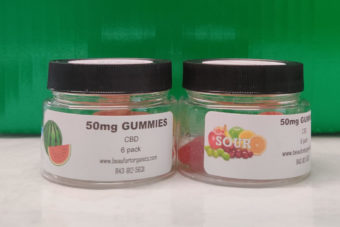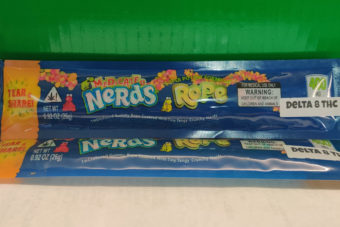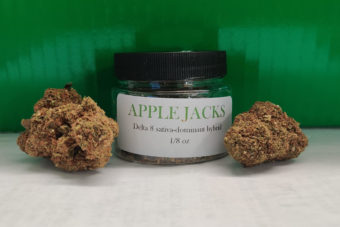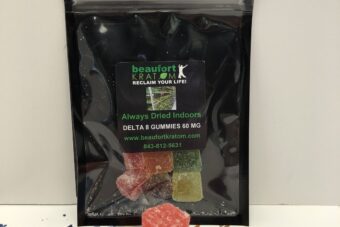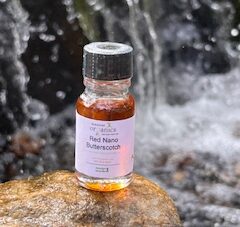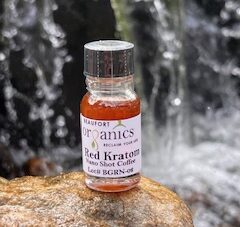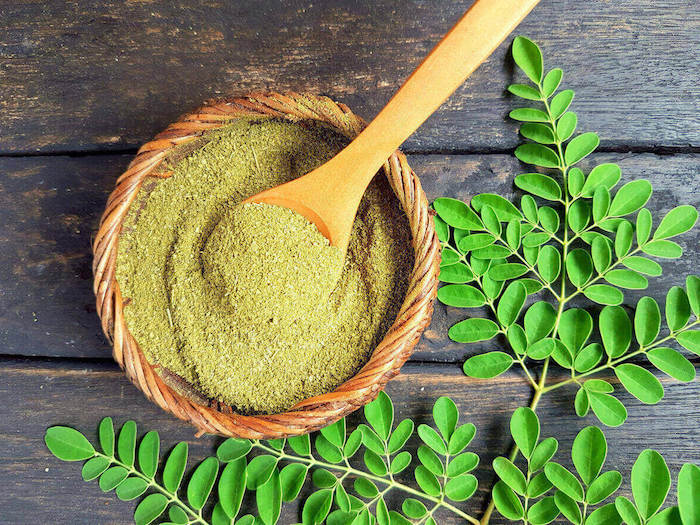
 by b-organics-admin
by b-organics-admin- Uncategorized
- November 17, 2020
- 1,536
- 0
By now, you’ve surely heard of the miracle tree called Moringa.
According to Dave Asprey at Bulletproof Coffee, “Moringa has been used since 150B.C. by ancient kings and queens in their diet for mental alertness and healthy skin. The leaves, pods, seeds, gums , bark and flowers of Moringa are used in more than 80 countries to relieve mineral and vitamin deficiencies, support a healthy cardiovascular system, promote normal blood-glucose levels, neutralize free radicals {thereby reducing malignancy}, provide excellent support of the body’s anti-inflammatory mechanisms, enrich anemic blood and support immune system.
It is one of the richest plant sources of Vitamins A ,B C,D,E and K.
It contains essential minerals including Calcium, Copper, Iron, Potassium, Magnesium, Manganese and Zinc and it has more than 40 natural antioxidants.
Moringa has been used since 150B.C. by ancient kings and queens in their diet for mental alertness and healthy skin. The leaves, pods, seeds, gums , bark and flowers of Moringa are used in more than 80 countries to relieve mineral and vitamin deficiencies, support a healthy cardiovascular system, promote normal blood-glucose levels, neutralize free radicals {thereby reducing malignancy}, provide excellent support of the body’s anti-inflammatory mechanisms, enrich anemic blood and support immune system.
Moringa is highly valued for centuries in southeast Asia, where it is used in everything from fiber, rope, and dye, to fertilizer, spices and medicines.”
MORINGA NUTRITION
Moringa gets its superfood status from a rich nutrition profile, providing more nutrients per gram than many other plant species. The nutrient density of moringa varies by growing conditions and preparation, but many studies rank moringa with more vitamin C than oranges, more vitamin A than carrots, more potassium than bananas, and more iron than spinach.
Moringa is also high in protein, and contains an impressive 8 of the 9 essential amino acids, a rare trait in plant-based proteins.
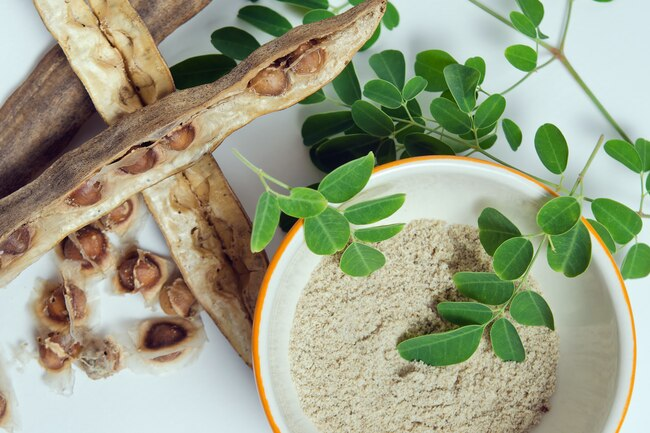
Moringa leaf is a useful natural supplement for treating and preventing diabetes, and may even reverse type 1 and 2 diabetes in studies with rats.
Maintains healthy blood sugar levels: In studies, moringa helps prevent sugar spikes after meals and reduces fasting blood sugar levels in both diabetic and non-diabetic animals.Maintaining healthy blood sugar is key to reducing inflammation, boosting your mood, and preventing heart disease and diabetes. Other antioxidants in moringa help protect insulin-producing cells from damaging oxidative stress.
Prevents diabetes complications: The antioxidant phytochemicals in moringa leaves also help protect the kidney and retinas from diabetes-related damage, and studies show that moringa supplementation can help restore kidney and pancreas functions in diabetic rats.
DEFENDS AGAINST VIRAL, FUNGAL, AND BACTERIAL INFECTIONS
Food poisoning: Several compounds in moringa are naturally antibacterial, antiviral, antifungal, and antiparasitic. This makes moringa useful in food preservation and water purification, and protecting you from nasty food-borne bugs like salmonella or fungi.
Herpes and HIV: These effects are so strong, that moringa is used as a promising treatment against herpes simplex virus and HIV
UTIs and stomach bugs: Incorporating moringa in your diet can help boost your resilience against blood or digestive bacterial infections.
Fungal infections and acne: Moringa oils applied topically can fight fungal skin infections and acne.
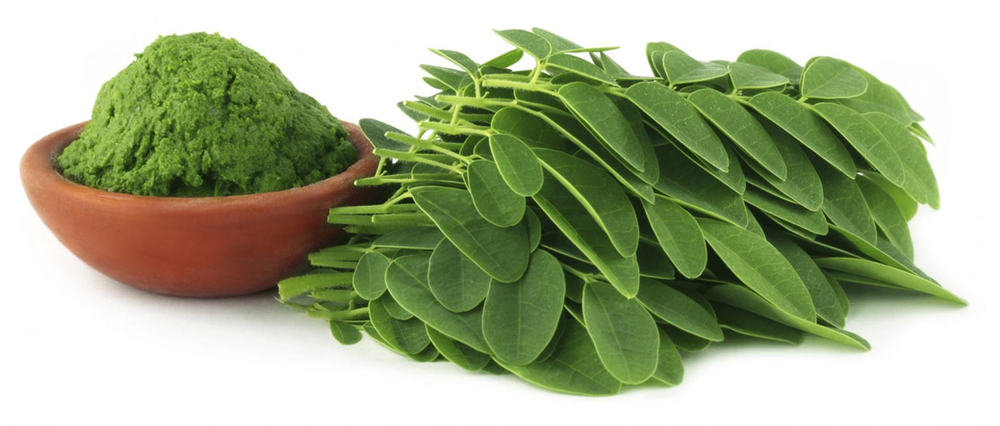
MORINGA FIGHTS CANCER AND TRIGGERS CELL DEATH
Enhances cancer therapy: Moringa may play an exciting role in treating cancer, and enhancing cancer treatments such as chemotherapy. Moringa leaves pack a potent dose of antioxidants, compounds that ward off cancers by neutralizing free-radicals that can damage cells and DNA to trigger tumor development.
Triggers cancer cell death: Studies show that specific moringa leaf extracts such as glucosinolates and quercetin help inhibit growth and trigger cell death in growing tumors.Along with these exciting cancer-fighting properties, another study shows that treatment with moringa leaf extracts actually increased the effect of chemotherapy in human pancreatic cells.
DEFENDS AGAINST COGNITIVE DECLINE
Another benefit of moringa’s high antioxidant content is its ability to protect your brain tissue against neurodegeneration and damage. Moringa leaf extract may be valuable in treating memory-related disorders such as Alzheimer’s and dementia. In one rat study, treatment with moringa helped regulate and restore healthy neurotransmitter levels after Alzheimer’s-like brain damage.
PROTECT YOUR KIDNEYS AND LIVER
Certain compounds present in moringa help to protect your kidney and liver against toxins or drug exposure. Moringa’s high antioxidant content and ability to detoxify heavy metals make it an ideal supplement for supporting kidney and liver health.
But what about all that calcium? Moringa is high in calcium oxalates, but not the kind of oxalates that cause kidney stones. Moringa calcium oxalates are non-soluble, which means your body can excrete them without worrying about kidney stones.
STRENGTHENS SKIN AND HAIR
While moringa leaf helps you glow from the inside, moringa oils can boost your glow from the outside.
Hydrates skin: Pressed from seeds and leaves, this vitamin and antioxidant-rich oil makes an excellent skin cleanser, hydrating moisturizer or hair treatment.
Fights wrinkles & sagging skin: High vitamin C levels help boost natural collagen production and protect your skin from oxidative stress, fighting off wrinkles, sagging and sun damage.
Keeps skin clear: and its anti-inflammatory and antimicrobial properties can also help clear skin problems such as acne or blackheads.
Heals wounds: Moringa oil also helps heal wounds and skin damage by promoting the growth and movement of fibroblasts, the cells responsible for producing collagen in wound healing.
HOW TO USE MORINGA
Moringa powder: In western countries, moringa leaves are dried and ground, sold as a powder or as supplements. You can add moringa powder to your smoothies or soups, or use it as a tea. It does have a mild asparagus-like flavor, so expect it to taste “healthy.”
Moringa dosage: Start out with 1/2 to 1 Tablespoon of moringa powder daily, or follow the recommendations on capsule supplements.






